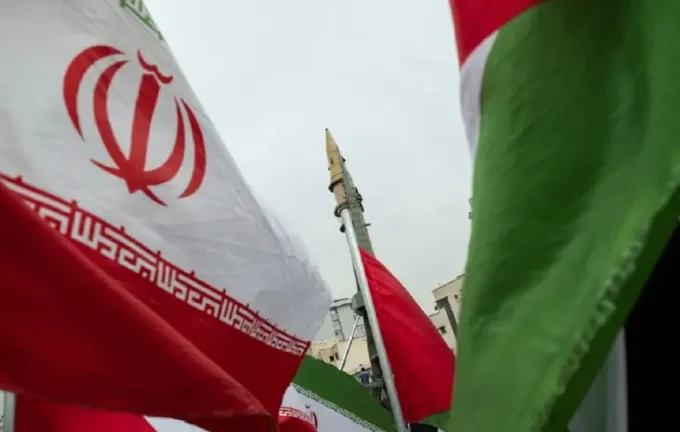Iran Prepares for New Round of Nuclear Negotiations with Europe: Will Diplomacy Follow Escalation?

In the current geopolitical climate, Iran is once again expressing its intention to intensify diplomatic efforts regarding nuclear talks with leading European nations.
According to reports from international agencies, on Friday, July 25, a meeting was held in Istanbul that marked a new phase in discussions concerning Iran’s nuclear program.
Tehran and its partners, including the United Kingdom, France, and Germany, agreed that another round of negotiations is urgently needed to find a common ground and resolve existing disagreements.
Deputy Foreign Minister Majid Takht-Ravanchi emphasized that both sides are interested in expediting discussions, as the previous Istanbul meeting left a positive impression despite not providing definitive solutions.
Despite the threat of new sanctions from European countries in case of no progress, Tehran remains open to further talks.
Participants described the meeting as constructive, and officials highlighted that this step is crucial in revitalizing diplomatic initiatives.
After a period of tension caused by missile and military strikes by the United States and Israel in June, these negotiations represent the first real step toward restoring dialogue.
Historically, three European Union countries—France, the United Kingdom, and Germany—were among the key signatories of the 2015 Iran nuclear deal, from which the U.S.
withdrew in 2018 under Donald Trump.
Meanwhile, on Saturday, July 26, Iranian President Ebrahim Raisi expressed readiness for dialogue but with caution regarding potential escalation with Israel.
He stated that Iran’s defense forces must be prepared for any development, as they are ready to protect the country, while diplomacy should remain active and open.
Reports indicate that Iran may cause “regional instability” if new sanctions are imposed, which is met with concern by international players.
After the conclusion of the Iran-Israel confrontation, widely regarded as a 12-day war initiated by U.S.
intervention, analysts are still pondering the extent of damage done to Tehran’s nuclear program.
Can we hope for the resolution of the conflict and a return to diplomatic settlement, or will we face a new wave of escalation? These questions are explored in Vyacheslav Likhachov’s analytical article “After the ‘Rising Lion’: Iran Binds Its Wounds or Sharpens Its Claws?”

